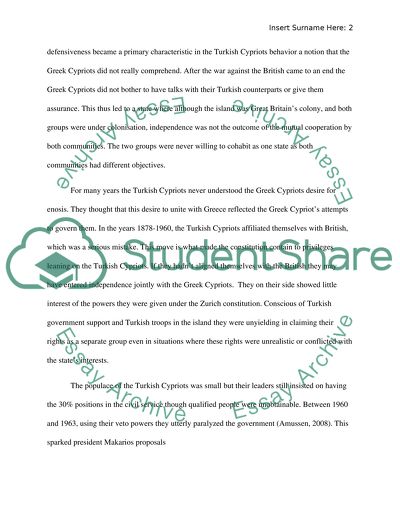Cite this document
(“The War Between Cyprus And Turkey Research Paper”, n.d.)
Retrieved from https://studentshare.org/history/1403888-the-war-between-cyprus-and-turkey
Retrieved from https://studentshare.org/history/1403888-the-war-between-cyprus-and-turkey
(The War Between Cyprus And Turkey Research Paper)
https://studentshare.org/history/1403888-the-war-between-cyprus-and-turkey.
https://studentshare.org/history/1403888-the-war-between-cyprus-and-turkey.
“The War Between Cyprus And Turkey Research Paper”, n.d. https://studentshare.org/history/1403888-the-war-between-cyprus-and-turkey.


